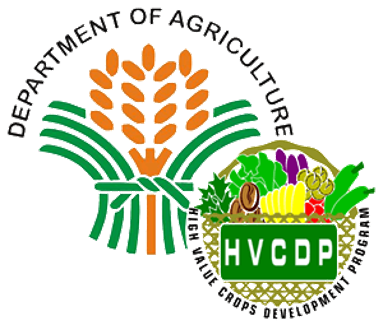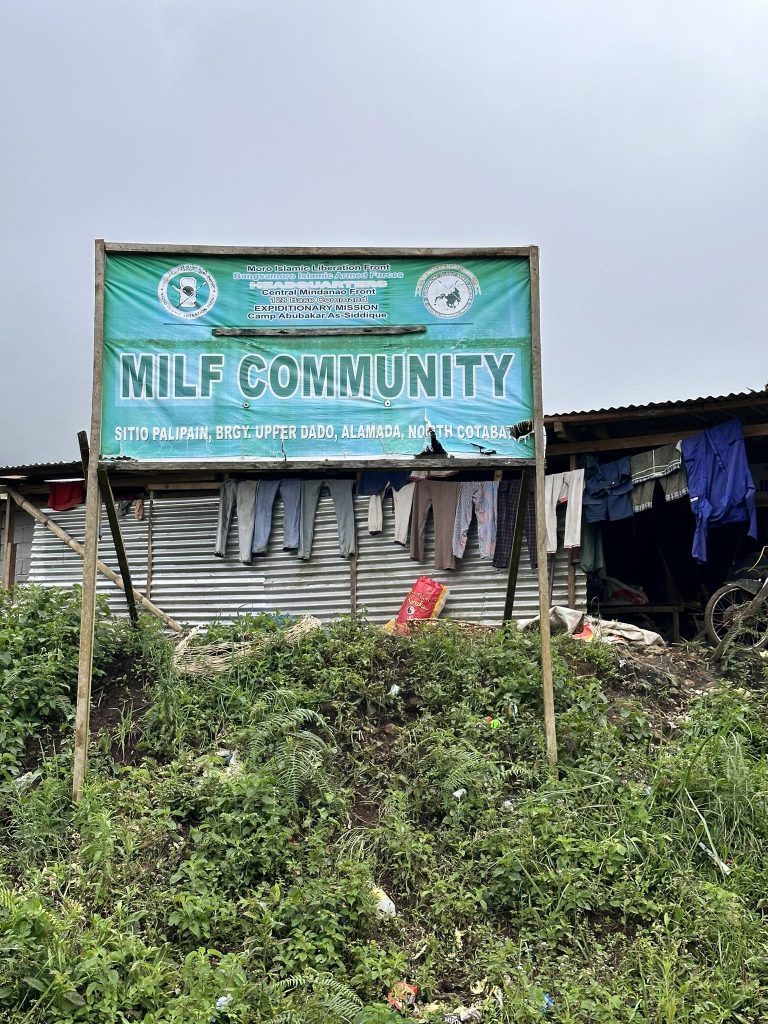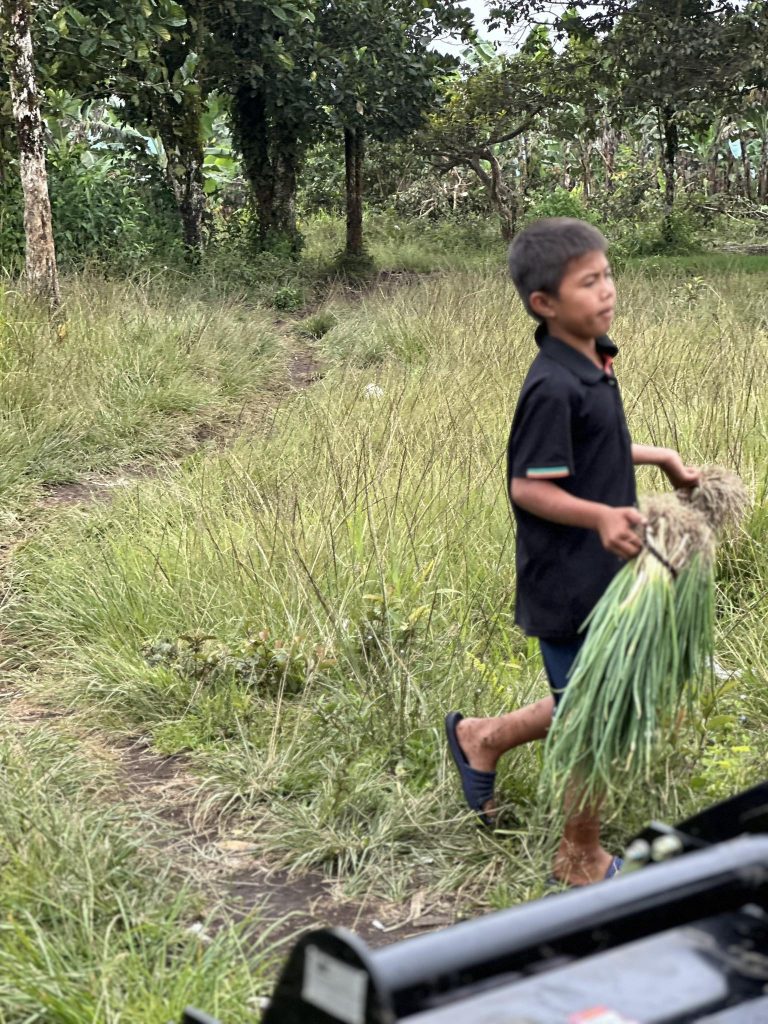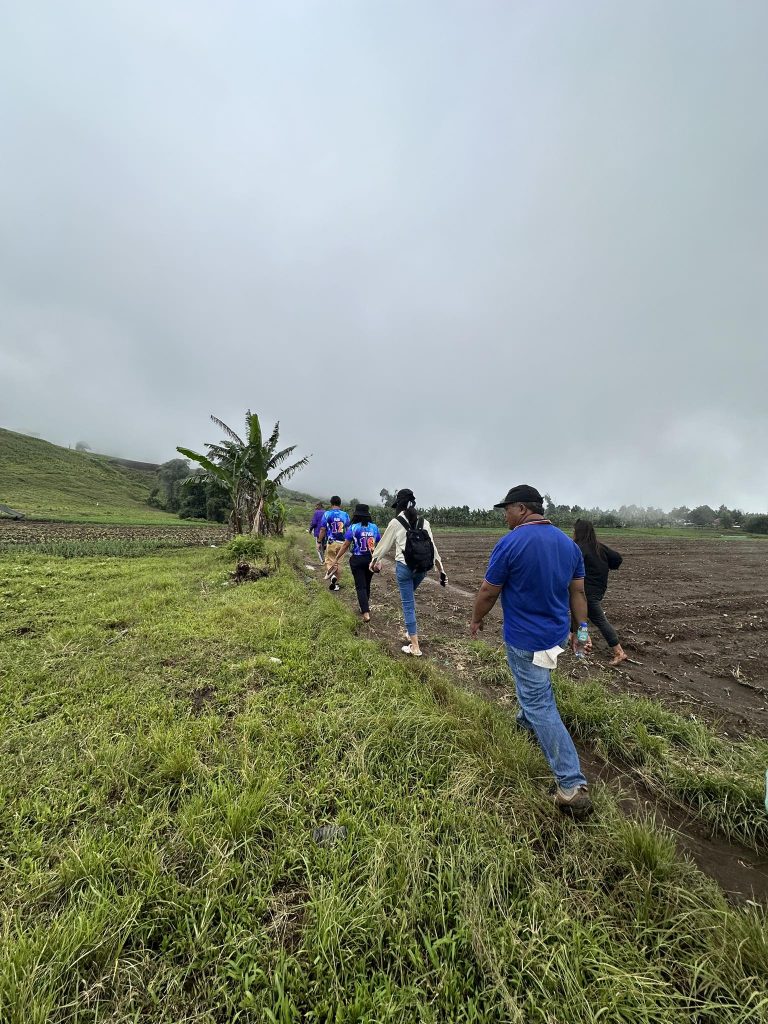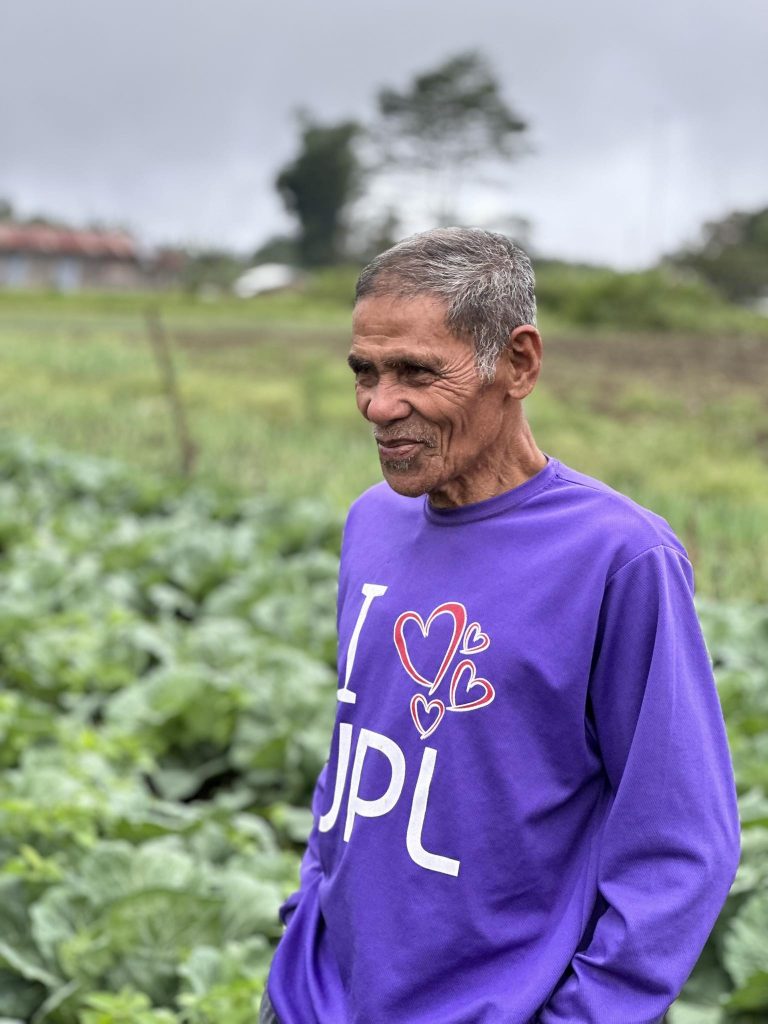
The Moro Islamic Liberation Front (MILF), a once-armed rebel group in the Philippines, had long been associated with the quest for political autonomy for the Muslim population in Mindanao. However, as peace negotiations progressed, many members of the MILF sought alternative paths to contribute to society and provide for their families. This transition gave rise to the formation of various associations united by a common interest in agriculture.
In the verdant hills of Alamada, Cotabato Province, former insurgents made the bold decision to shift their focus from armed resistance to sustainable vegetable production. Thus, the Palib Vegetable Farmers Association was born, initially cultivating 25 hectares of land. Today, their commitment and dedication have propelled them to expand their operation to 50 hectares, with a membership of more than 50 individuals.
Mr. Edmundo Guling, the Municipal Agriculture Officer, recognizes Palib as one of the most promising vegetable growers in Alamada. Their zeal, unwavering dedication, and acknowledged agricultural potential have placed them in the spotlight. The local government unit (LGU) is actively seeking market-linkage solutions to help them transport their produce directly to the market and secure fair prices, minimizing intermediary influence. These initiatives are set not only to empower the association but also to assist other emerging vegetable associations in their community in establishing sustainable livelihoods.
Through the collaborative efforts of the Department of Agriculture – High-Value Crops Development Program (DA-HVCDP) and the LGU, the vegetable association has received support to enhance their production. They have gained access to high-quality seeds, fertilizers, and technical guidance. Furthermore, they’ve acquired a tractor, commencing operations in September 2023. To enhance their farming knowledge and techniques, the association members have undergone a comprehensive training program, aimed at improving crop yields and ensuring the quality of their produce.
By fostering collaborations with institutions like the Bureau of Plant Industry (BPI), High Value Crops Development Program, and National Urban and Peri-Urban Program (NUPAP), this development enables them to tap into the growing demand for fresh, locally grown vegetables. Moreover, their efforts contribute significantly to food security within their community.
The transformation of the Palib Vegetable Farmers Association from former members of the Moro Islamic Liberation Front to government-supported vegetable growers is a testament to their resilience and determination. Their journey not only underscores the benefits of sustainable farming but also serves as an inspiring example of how ex-rebels can successfully reintegrate into society and help their local communities thrive. Through their diligence and commitment, they have not only improved their own lives but have also become beacons of hope for those yearning for a peaceful and prosperous future.
HVCDP NPMO:
Carl Vincent D. Gapasin
Judy Anne P. Costa
